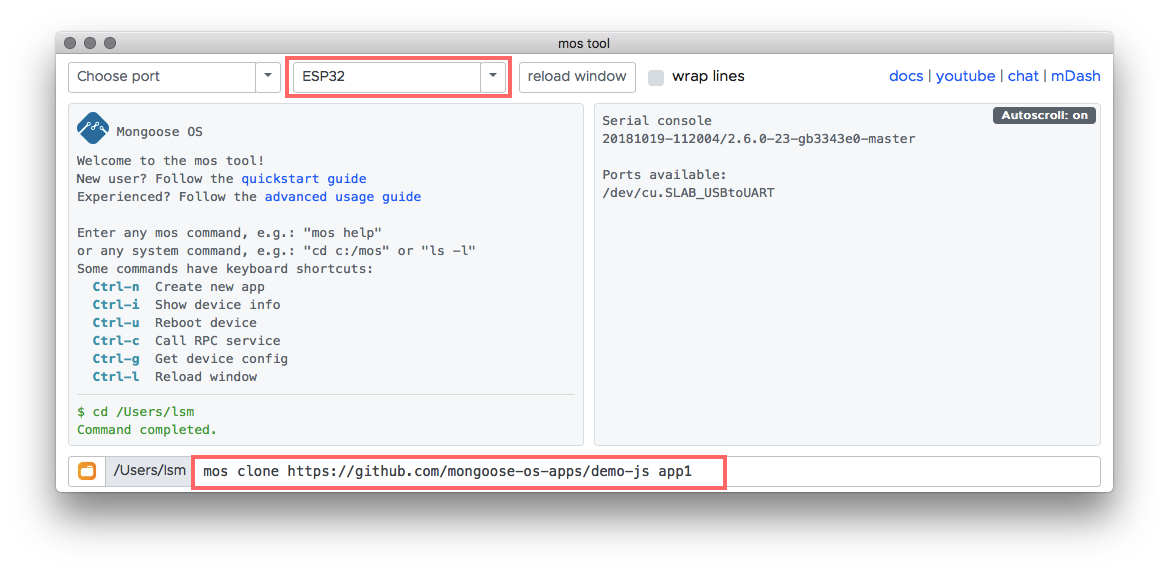This script is traditionally in /dev but is in /sbin on Ubuntu. Pass it an argument that indicates what devices you want to create; on Ubuntu that's std (you can write MAKEDEV null as well, that creates null as well as a number of other devices). Maintenance Period #1: IT Maintenance The IT Team for IBM Clinical Development will be performing maintenance on Friday 17 April 2020. This will be done between 8:00pm and 11:00pm ET.
| Language |
| Standard Library Headers |
| Freestanding and hosted implementations |
| Named requirements |
| Language support library |
| Concepts library(C++20) |
| Diagnostics library |
| Utilities library |
| Strings library |
| Containers library |
| Iterators library |
| Ranges library(C++20) |
| Algorithms library |
| Numerics library |
| Input/output library |
| Localizations library |
| Regular expressions library(C++11) |
| Atomic operations library(C++11) |
| Thread support library(C++11) |
| Filesystem library(C++17) |
| Technical Specifications |
| Classes |
| Functions |
| File types |
Defined in header | ||
bool is_regular_file(std::filesystem::file_status s )noexcept; | (1) | (since C++17) |
bool is_regular_file(conststd::filesystem::path& p ); bool is_regular_file(conststd::filesystem::path& p, std::error_code& ec )noexcept; | (2) | (since C++17) |
Checks if the given file status or path corresponds to a regular file.
[edit]Parameters
| s | - | file status to check |
| p | - | path to examine |
| ec | - | error code to store the error status to |
[edit]Return value
true if the file indicated by p or if the type indicated by s refers to a regular file, false otherwise. The non-throwing overload returns false if an error occurs.
[edit]Exceptions

p as the first path argument and the OS error code as the error code argument. The overload taking a std::error_code& parameter sets it to the OS API error code if an OS API call fails, and executes ec.clear() if no errors occur. Any overload not marked noexcept may throw std::bad_alloc if memory allocation fails.C Dev Null Os X
[edit]Notes
The throwing overload is additionally specified to throw std::filesystem::filesystem_error if status(p) would throw.
[edit]Example
Possible output:
[edit]See also
(C++17)(C++17) | determines file attributes determines file attributes, checking the symlink target (function)[edit] |
(C++17) | represents file type and permissions (class)[edit] |
(C++17) | checks whether file status is known (function)[edit] |
(C++17) | checks whether the given path refers to block device (function)[edit] |
(C++17) | checks whether the given path refers to a character device (function)[edit] |
(C++17) | checks whether the given path refers to a directory (function)[edit] |
(C++17) | checks whether the given path refers to a named pipe (function)[edit] |
(C++17) | checks whether the argument refers to an other file (function)[edit] |
(C++17) | checks whether the argument refers to a named IPC socket (function)[edit] |
(C++17) | checks whether the argument refers to a symbolic link (function)[edit] |
(C++17) | checks whether path refers to existing file system object (function)[edit] |
| checks whether the directory entry refers to a regular file (public member function of std::filesystem::directory_entry)[edit] |
C++ Dev Null Oscar
.jpg)
p as the first path argument and the OS error code as the error code argument. The overload taking a std::error_code& parameter sets it to the OS API error code if an OS API call fails, and executes ec.clear() if no errors occur. Any overload not marked noexcept may throw std::bad_alloc if memory allocation fails.C Dev Null Os X
[edit]Notes
The throwing overload is additionally specified to throw std::filesystem::filesystem_error if status(p) would throw.
[edit]Example
Possible output:
[edit]See also
(C++17)(C++17) | determines file attributes determines file attributes, checking the symlink target (function)[edit] |
(C++17) | represents file type and permissions (class)[edit] |
(C++17) | checks whether file status is known (function)[edit] |
(C++17) | checks whether the given path refers to block device (function)[edit] |
(C++17) | checks whether the given path refers to a character device (function)[edit] |
(C++17) | checks whether the given path refers to a directory (function)[edit] |
(C++17) | checks whether the given path refers to a named pipe (function)[edit] |
(C++17) | checks whether the argument refers to an other file (function)[edit] |
(C++17) | checks whether the argument refers to a named IPC socket (function)[edit] |
(C++17) | checks whether the argument refers to a symbolic link (function)[edit] |
(C++17) | checks whether path refers to existing file system object (function)[edit] |
| checks whether the directory entry refers to a regular file (public member function of std::filesystem::directory_entry)[edit] |
C++ Dev Null Oscar
C++C Dev Null Os Free
| Language |
| Standard Library Headers |
| Freestanding and hosted implementations |
| Named requirements |
| Language support library |
| Concepts library(C++20) |
| Diagnostics library |
| Utilities library |
| Strings library |
| Containers library |
| Iterators library |
| Ranges library(C++20) |
| Algorithms library |
| Numerics library |
| Input/output library |
| Localizations library |
| Regular expressions library(C++11) |
| Atomic operations library(C++11) |
| Thread support library(C++11) |
| Filesystem library(C++17) |
| Technical Specifications |
C++98, C++03, C++11, C++14, C++17, C++20 | ||
Basic concepts Feature test macros(C++20) Type support − traits(C++11) | Concepts library(C++20) Smart pointers and allocators basic_string array(C++11) − vector | Ranges library(C++20) Common math functions Stream-based I/O Regular expressions library(C++11) Atomic operations library(C++11) atomic − atomic_flag Thread support library(C++11) Filesystem library(C++17) |
| Technical specifications Standard library extensions(library fundamentals TS) Standard library extensions v2(library fundamentals TS v2) propagate_const —ostream_joiner —randint Standard library extensions v3(library fundamentals TS v3) scope_exit —scope_fail —scope_success —unique_resource Concurrency library extensions(concurrency TS) | ||
| External Links − Non-ANSI/ISO Libraries − Index − std Symbol Index |
